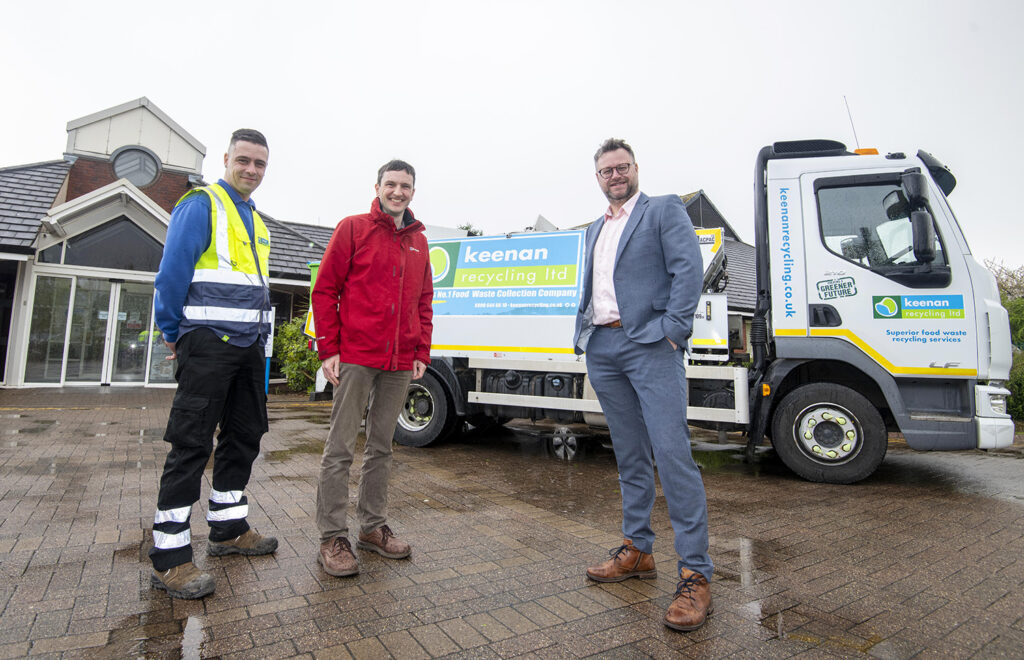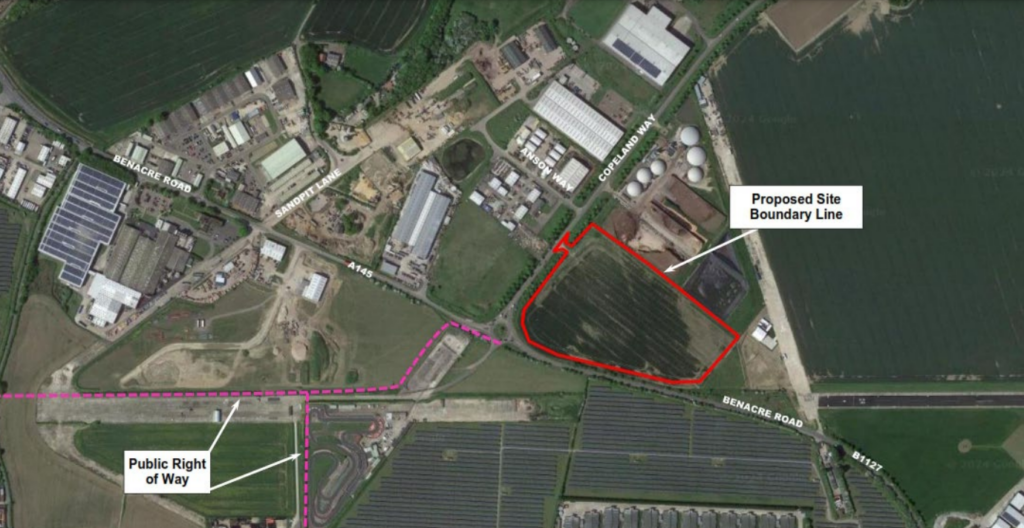Figures show the number of composting companies applying for the quality standard has more than tripled since April 2002 and grown rapidly in recent months according to the CA.
“Accomplishment”
Chief executive Jane Gilbert said: “In a little over a year we have increased the amount of high quality compost on the certification scheme from 17% of the UK manufacturing capacity to over 50%, which is a fantastic accomplishment.”
Currently, 21 compost producers are on the scheme, which takes about one year to assess composting practices before awarding the quality mark. Ten of these have joined up since the Association incorporated the BSI PAS 100 into its standard in November 2002.
Although 21 companies are on the scheme, they have submitted 40 high quality compost products for certification. This represents nearly 430,000 tonnes of material per year – 51% of the estimated UK total for high value applications in markets such as amateur and professional horticulture, soft landscaping and grounds maintenance, the CA said. Since the BSI was launched, the number of applications has increased from 27 to 40.
The CA certification scheme checks on compost production, quality and labelling practices. In order to comply, companies must:
- regularly monitor compost quality and ensure it meets the minimum BSI specification,
establish a quality policy and document production procedures, and
provide accurate, up-to-date information about their products.
Key
John Wakefield of Vital Earth Group, one of the latest compost producers to join the scheme, said: “Applying for certification has helped us put systems in place for manufacturing a consistently high quality product, which we believe is key to maintaining our reputation and our clients.”
Looking ahead to an ambitious growth plan, Mr Wakefield added: “Achieving certification from the Composting Association is a key element of our expansion plan, which will see our processing capacity increase from 11,000 tonnes to 100,000 tonnes per annum by the end of 2004.”
Four companies – Jack Moody, WRG, SITA and Premier Waste Management – have gained the CA standard so far.
New stability test
Meanwhile, WRAP is hoping that a new report will help ensure composted products meet end market requirements.
Assessment of options and requirements for stability and maturity testing of compost details research undertaken by ADAS Consulting on WRAP's behalf. It recognises stability and maturity as important markers of compost quality.
The report reviewed new test methods for evaluating compost stability and maturity and developed a suitable method for use in the UK. The proposed WRAP method has been submitted to the European CEN Committee TC223, which covers soil improvers and growing media for consideration as the basis of a European standard.
Bev Cooper of the TC223 Working Group 4 said: “The proposed WRAP method is very simple and versatile and I have therefore submitted it … as the basis for a new European Standard method.”










Subscribe for free